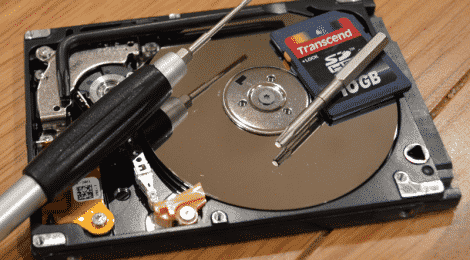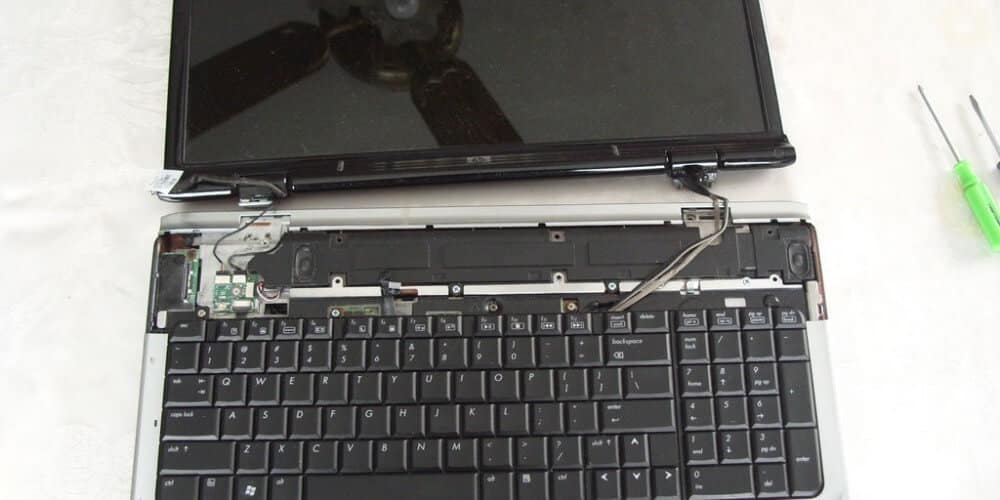SIGNS THAT YOUR LAPTOP IS LIKELY TO EXPERIENCE DATA LOSS
Losing very vital data is not fun at all, trust me, I have seen the face that many of the guys have when they come with a case of data loss and it’s heartbreaking. Fortunately there are several warning signs that may give you an indication that your hard drive is about to crash. These signs give you a bit of time to prepare for the worst by backing up your data and avoid incurring the hefty costs that come with data recovery. If you keep a keen eye for the following signs you stand a chance to avoid Datageddon (Data Armageddon).
- Frequent cryptic error messages while performing typical tasks such as copying/ moving files or folders.
- Long wait times to access folders and files.
- Distorted data output from open folders and files or printouts.
- Frequent crashes, especially during windows boot up.
- Disappearing folders and files.
- Distorted or changed folder/file names.
- Unusual grinding/clicking sounds from the hard disk.
- ‘Blue screen of death’ is a sign that there’s a major issue with your laptop’s hard disk.
Clicking sounds coming from the hard disk is a great indicator of disk trouble. A normal working hard disk should not have any strange sounds, therefore if you hear any strange sounds coming from your hard disk that tend to get louder as you continue using the laptop, quickly opt to back up your data and be prepared to replace the drive.
Most of the times when a laptop hard disk is about to crash it becomes nearly impossible to copy/move files on/from your hard disk. If you encounter such a situation remove the hard disk from the laptop, buy an enclosure for it and use it as an external hard disk. This makes it easy to copy or move files from the hard disk. If in case you are not comfortable handling electronics, visit a computer techie who will assist you to remove the hard disk and install the external enclosure for you.
If you still can’t access your data, contact a data recovery expert for professional diagnosis on the disk and also advice on the next step to take for you to get back your data.
The key point to note here is that you need to perform regular backups on your data as you may not necessarily note the above in good time and the hard drive could crash at any time hence losing your data.



